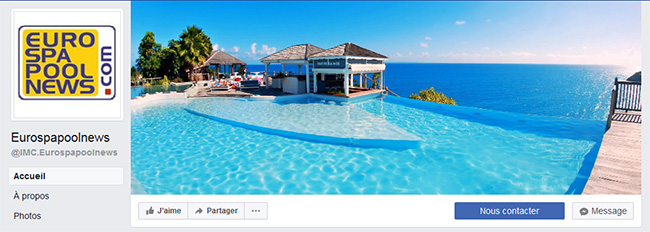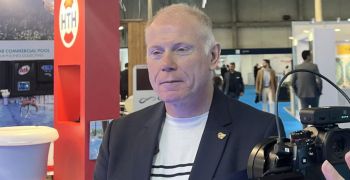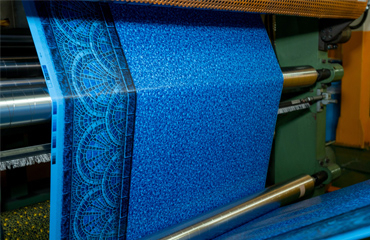Connected objects are now a commercial reality. There is no doubt about it. The revenue generated in the swimming pool sector thanks to these objects is growing very quickly. However, business opportunities offered by the Internet of Things are still little known.
Distribution networks, manufacturers and also pool constructors need to pay closer attention to this new form of interaction. A bounty is in the cards for the most curious and intrepid amongst them ... as it is often the case.
Always on the lookout for new trends,EuroSpaPoolNews offers to help you get a clearer picture of this revolution!
What is the Internet of Things (IoT)?
In the field of connected objects, the figures put forward by forecasters make one's head spin. In 2017, some $ 1.700 billion would have been spent on connected objects. According to the same study by the Gartner firm, the world should have more than 12 billion connected objects by 2018. While other studies estimate that by 2020 there will be, on an average, 30 connected objects in every household.
So, connected to what then?
To the internet of course! Before notifications are sent to your smartphone, the data from connected objects is transmitted through an internet network dedicated to them.
This is the Internet of Things. What are the future challenges of this Internet of Things? What opportunities do these billions of pieces of data that circulate offer, and to whom? Some avenues to be explored...
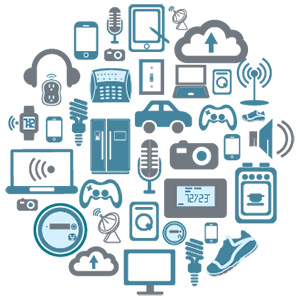
A revolution for customer relations
Data from connected objects can be collected by various participants. Obviously, at the top of the list are pool owners or pool constructors who are interested in this data. The products which we have already mentioned, such as blue, Flipr, ICO... make it possible to find rapidly which products should be used for the treatment of water, for example. But this data can also be collected or resold directly to manufacturers.
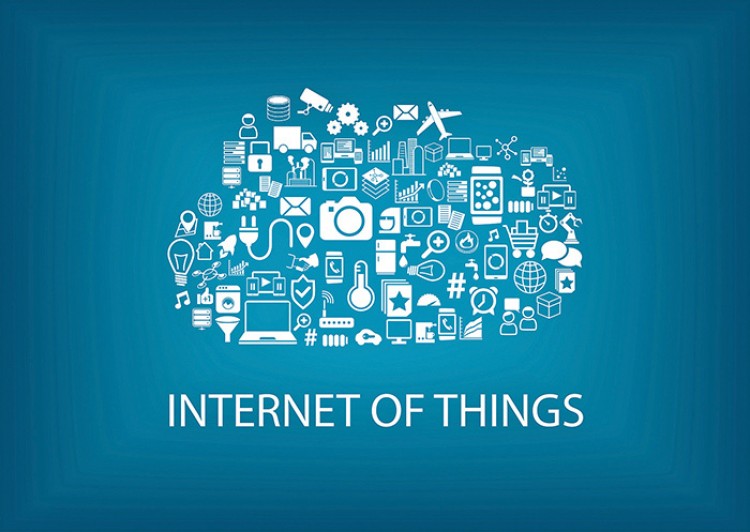
The IoT creates new needs around the pool
We are still in 2025, continuing our forecasting exercise. Connected objects have multiplied in the home and around the pool. Below are some examples of business opportunities.
Energy
With dozens of connected objects that operate continuously in the home, energy management will soon be a crucial domain. The Walloon foundation "The Faktory", which has already supported Riiot Labs and its connected floater, blue, did not make a mistake. The private investment fund also has great faith in the future of E-Peas.
This start-up specialises in Ultra-Low Power and develops technologies that significantly reduce the consumption of connected objects. This type of services is certainly bound to develop in the future.
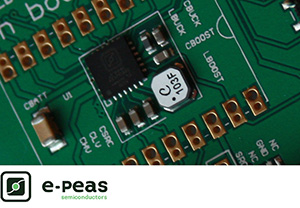
Tutoring
Even if everyone can quickly understand the value of connected objects in the pool sector, configuring them and making optimum use of them is another matter. The pool constructor of tomorrow may well have to turn into a "digital expert" to build his business. Introducing the products, explaining how they function, and offering to collect data, are services that will multiply for pool constructors. As will helping the end consumer choose the right product from the wide array of connected objects available. The future will surely smile on professionals who have made the shift to the Internet of Things.
Troubleshooting
Remember though, that when one says "connected" one also says, "disconnected". These connected objects may need assistance for various reasons. Either because of a breakdown or for solving updating problems. All connected products need to be updated just like your (indispensable and very expensive) smartphone. While it is likely that many manufacturers will carry out updates remotely, others, on the other hand, will require the intervention of a third party. The pool constructor, for example?
Security
Last but not least, security in the Internet of Things is an important consideration. For example, the Linux programming language, currently used to develop connected objects, was found to be vulnerable 200 times in 2016.
A vulnerable connected object makes it very easy for a hacker to collect an enormous amount of data that is more or less confidential and critical. A rigorous installation of these objects and a meticulous configuration of their connections should reduce these risks. Here again, it will often have to be done by a professional.


